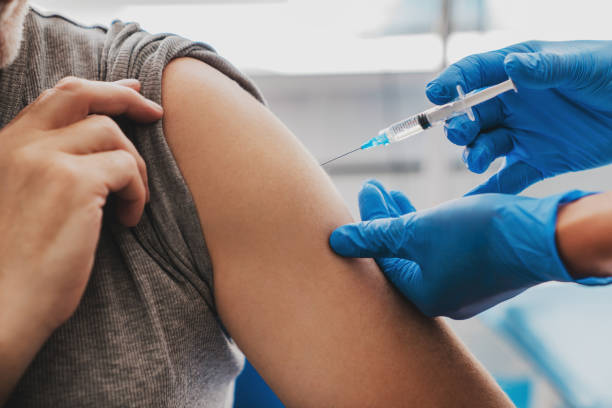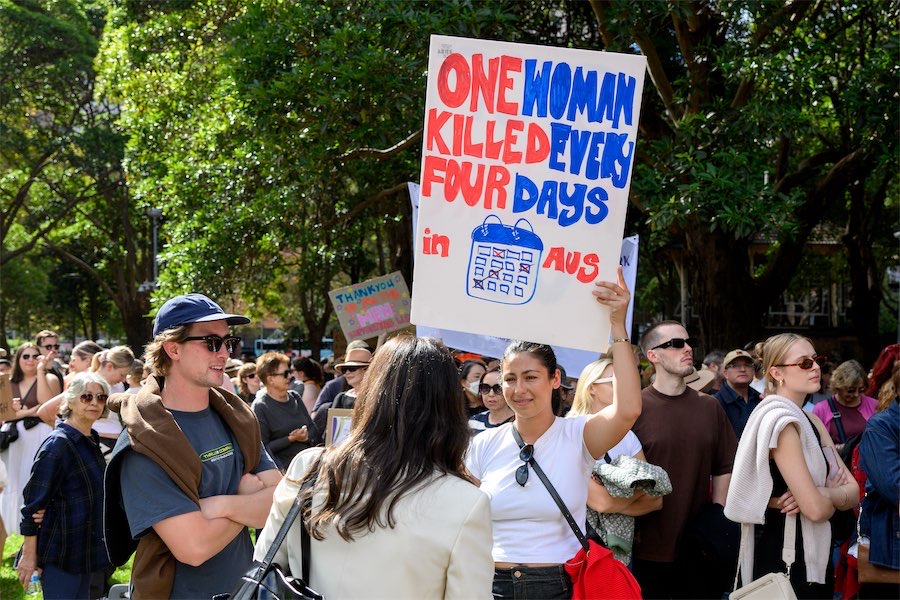AUSTRALIANS with lower levels of education and household income are significantly less likely to have received a third or fourth COVID-19 vaccine, according to a new study from the Australian National University (ANU).

The results from the survey of more than 3500 adult Australians also show those born in a non-English speaking country are less likely to have received a fourth dose.
Study lead author Professor Nicholas Biddle said the lack of uptake is putting these groups at heightened risk.
“Australia’s COVID-19 vaccine program is stalling. The proportion of Australians with two doses who go on to receive their third or fourth dose is low compared to many other countries,” said Biddle.
“This study helps explain some of the reasons why.”
Department of Health data shows more than 20 million people over the age of 16 have received at least one covid vaccine dose. In contrast, only 4.8 million people over the age of 16 have received four doses.
According to the ANU study, the age group with the lowest uptake of a third or fourth dose is those aged 25-34.
“For example, only 62.5 per cent of people aged 25 to 34 have had their first booster,” prof Biddle said.
“Those who have less confidence in governments or self-identify as being right wing in their political views are also less likely to have received a booster.
“Whereas those who watch free-to-air TV, read newspapers, or listen to the radio on a daily basis were much more likely to get boosted. This reiterates the importance of news sources when it comes to public opinion about the vaccine.”
Australians who have tested positive for COVID-19 were far less likely to have received a third or fourth dose.
Prof Biddle said this could be a key reason why booster uptake has stalled in Australia.
“This is partly because there are restrictions on receiving a booster soon after an infection. It may also be that people perceive there to be a lower risk of COVID-19 if they have been infected,” he said.
“There could be some benefit in reminding people once they’ve become eligible again to receive a third or fourth dose.”
Prof Biddle believes this data could help with messaging around the COVID-19 vaccine to make sure the right groups are being targeted.
“Since around April 2022, the trajectory of booster uptake appears to have flattened,” he said.
“Without high rates of booster uptake, it is more difficult for a country like Australia to continue to maintain minimal COVID-19 related restrictions without seeing high levels of hospitalisation and mortality.”
Who can be trusted?
In a world of spin and confusion, there’s never been a more important time to support independent journalism in Canberra.
If you trust our work online and want to enforce the power of independent voices, I invite you to make a small contribution.
Every dollar of support is invested back into our journalism to help keep citynews.com.au strong and free.
Thank you,
Ian Meikle, editor





Leave a Reply